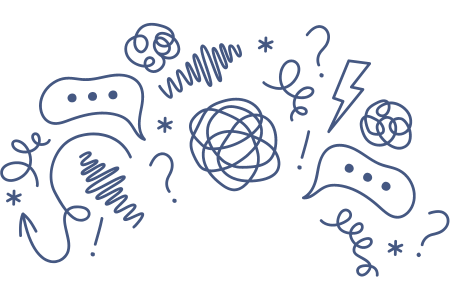News & Research on Psychology | ShareYrHeart
Scientists have found a way to detect depression using brain scans.
Published
11 months agoon
By
ShareyrheartSummary: Scientists have found a way to detect depression using brain scans. Major depressive disorder (MDD) is a mental illness that affects many people in different ways. It is common and can impact more than 8% of Americans. Scientists have started to make progress in understanding the brain processes involved in different types of depression. This could help in creating improved treatments, but there is still a lot more to learn. A recent study found different types of MDD using brain pictures.
Source: Elsevier

Research and Discoveries
John Krystal, who is a doctor and the editor of the journal Biological Psychiatry. Stated that we have known for a while that mental disorders. They are major depressive disorder, are really diverse. This research studied a large group of depressed patients and found some clues that can help categorize depression based on brain scans called functional magnetic resonance imaging (fMRI). These scans measure how well different parts of the brain work together, which is also known as functional connectivity.
The scientists used a type of brain scan called resting-state fMRI on a large group of people. This group included more than 1,000 patients with Major Depressive Disorder (MDD) and over 1,000 healthy individuals who were used for comparison. The study used a model called the normative model, which is similar to the growth charts that pediatricians use. It uses information from a large group of people to measure how each individual is different from the average. The researchers looked at how different parts of the brain are connected and compared the differences in brain activity. This was performed between people with a depressive disorder and the expected normal brain activity for their age.
Brain patterns in people with depression
The author, Mingrui Xia, from Beijing Normal University, said that using this method helped them find two different types of brain patterns in people with depression. The scientists these patterns were consistent across different tests and had different levels of depression symptoms. They were also helpful in predicting how people would respond to treatment over time.
Some patients showed strong positive changes in certain parts of their brain related to thinking and emotions, as well as negative changes in areas related to movement and focus. The second group of patients had a less severe and different pattern of abnormalities, showing that depression can vary in the way it affects the brain. The writers think that the changed activity might be connected to the habit of overthinking in individuals with MDD.
The research is very interesting because it helps us find biomarkers, which are signs in our body that can help diagnose, treat, and predict depression. Currently, depression is diagnosed by asking patients about their symptoms. Biomarkers can potentially help make treatment for MDD better in these different ways.
Conclusion
Rewrite this text in simple words: Dr. It means “doc” which is a shorter way to say “doctor”. Xia said that these findings help us understand the different ways the brain is affected in people with depression, which explains why depression can vary a lot from person to person. This research has very important results that give us useful information about how to develop biomarkers using imaging techniques. These biomarkers can help doctors in the future make better diagnoses and treatments that are specific to each patient’s individual brain function.
Dr. is a title given to someone who has completed a higher level of education and training in a specific field, such as medicine or psychology. Xia said that if we understood different types of brains, we could change how we treat mental health. This means doctors could give treatments based on a person’s specific brain connections. This method creates new opportunities for personalized medicine and has the potential to make treatments for depression better.



